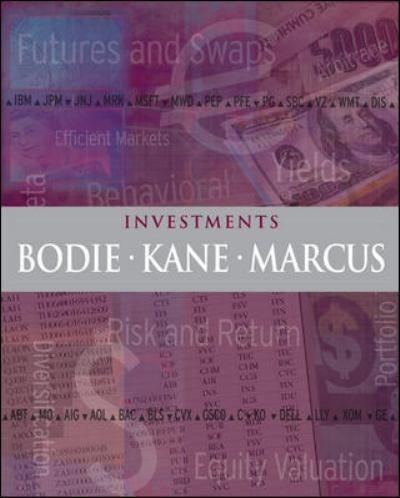The so-called "objective theory" of contract formation differs from the older theory of contract formation as follows: The objective theory is based on what a theoretical "reasonable" or "ordinary" individual would conclude or believe regarding whether a contract had been formed, not what the actual parties to the agreement believed Therefore the objective theory ignores what the parties to the contract subjectively thought had happened in regard to the contract being formed. True False An investor is in negotiation with a start up to purchase $10 million worth of preferred stock. The investor is insisting that the security be a "participating preferred with a 4X preference." If the investment goes forward, the post-money valuation will be $40 million. As the CEO of the startup who has a significant equity position in the company, your reaction should, or would likely be which of the following: The large multiple could cost me and other common holders money and will negotiate hard to get it down because it feels excessive ("too rich"). I'm indifferent to the large multiple because the preferred is participating. If we can increase our valuation four-fold by the time the investor exits, it will not matter to me and the other shareholders. As I firmly believe we will do this, I don't view this term as economically significant. Which of the following is the best explanation / rationale for the Risk Section of a typical prospectus being the largest section of that document? It is easiest to write In order to avoid the risk of fraud by commission In order to present information in a way that is confusing to its competitors In order to avoid the risk of fraud by omission A startup company with four employees has invented a new and improved core flux regulator and seeks to raise equity capital to build a plant. The plant will take three years to build and will cost $6.0 million. The company currently rents 800 sq.ft. of office space in a strip mall. They have applied for patents, but those patents have not yet been granted. The core-flux regulator is their only product and they have no sales to- date. The construction company has said that the company must put 80% of the construction costs in trust before they will start construction and the funds must remain there to be used for partial payments on the construction as the plan is built. Which of the following is the most plausible/practical/likely/commonot-rare avenues of financing the plant ? Get a loan from a local bank. Do an IPO Get VC or Angels to invest Raise money from "Friends and Family" Raise money via Title III of the JOBS Act. None of the above. Which of the following statements is most correct? A company may sell their securities to anyone, whenever they wish, as long as they know who is buying them. A company can sell securities to accredited investors whenever they wish, but only preferred stock. A company can sell securities to anyone so long as those securities have been deemed "investment grade" by the SEC A company can sell securities to anyone so long as those securities are registered with the SEC











